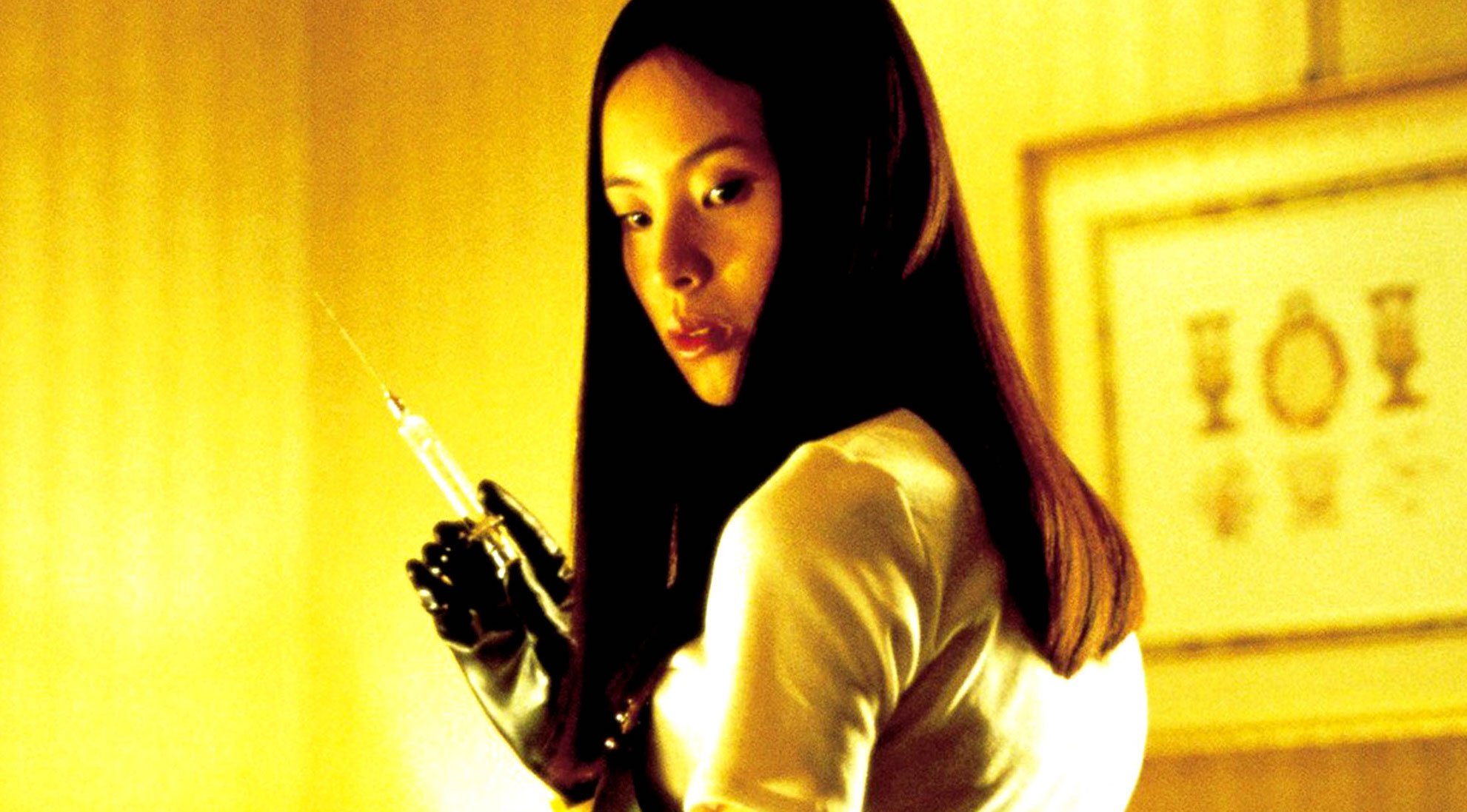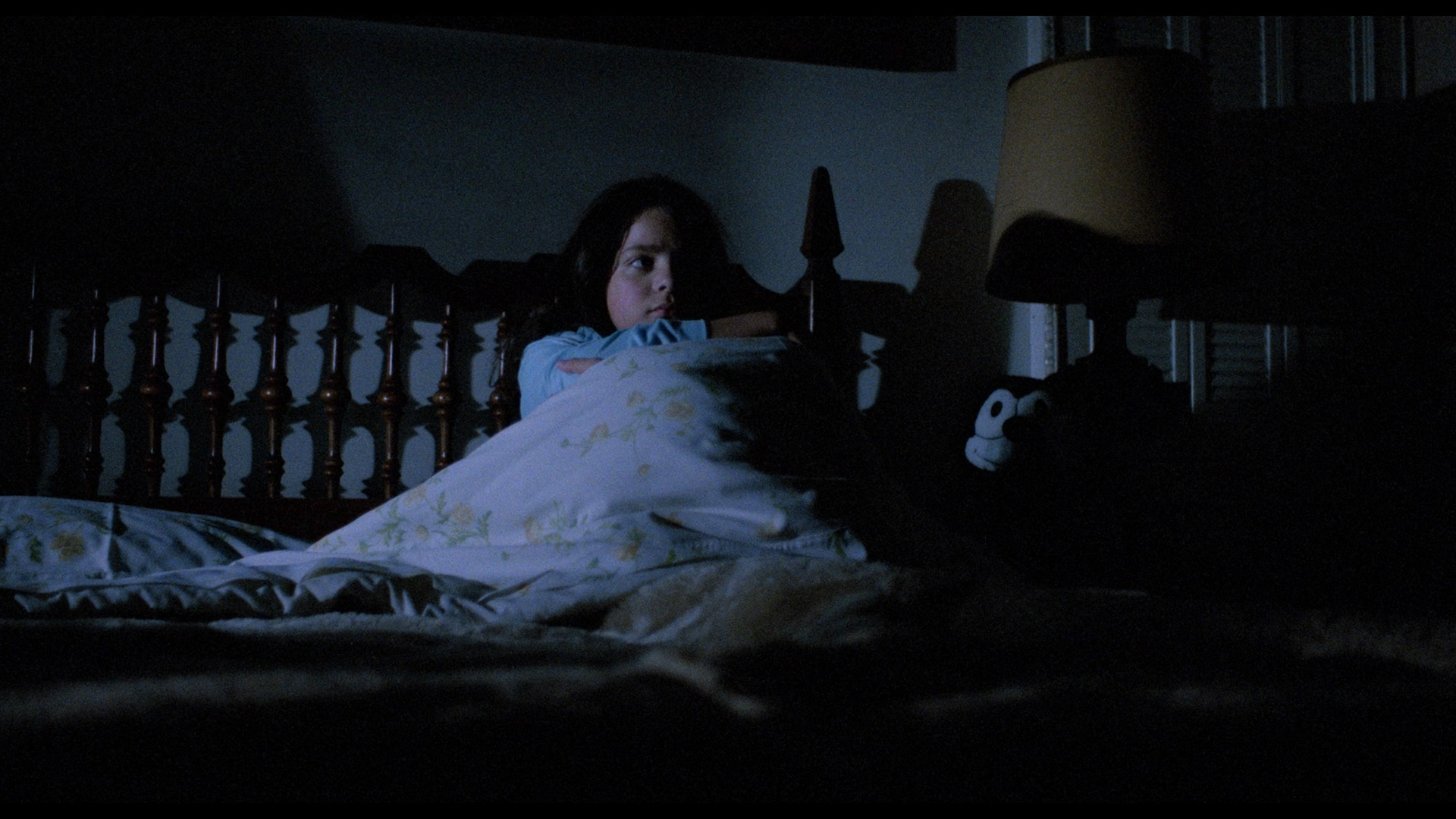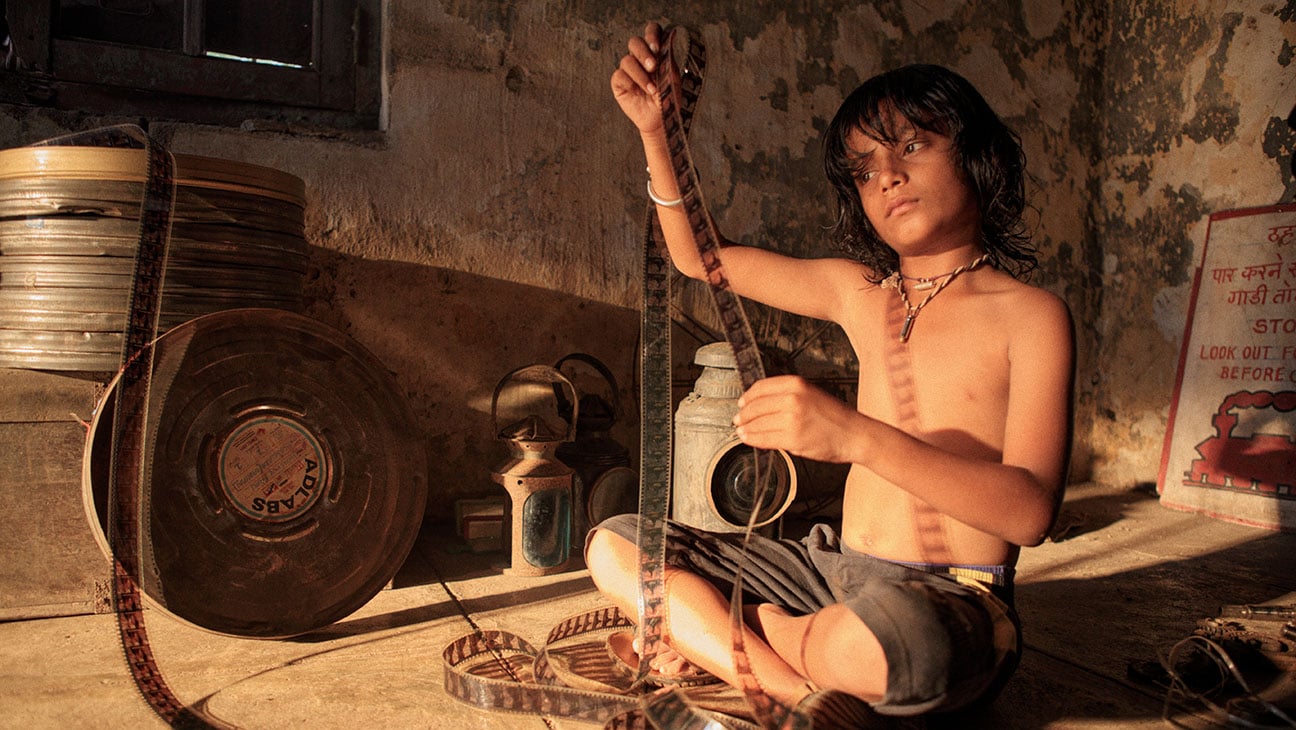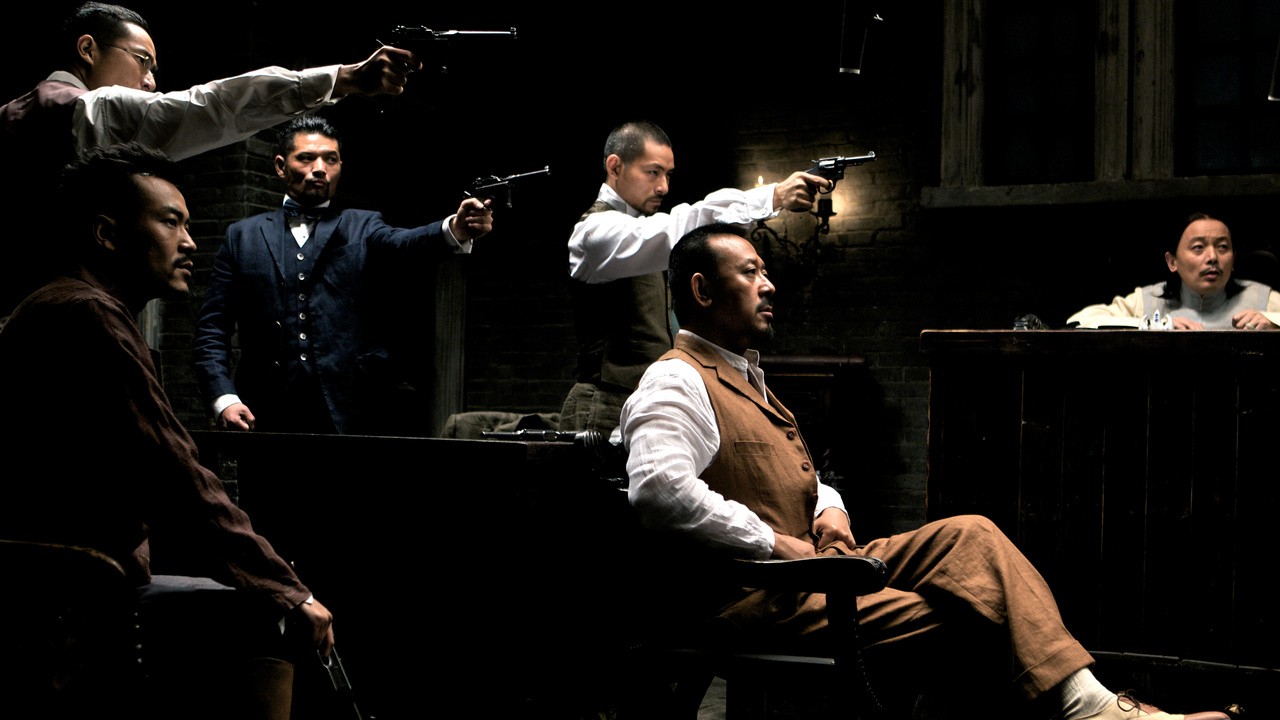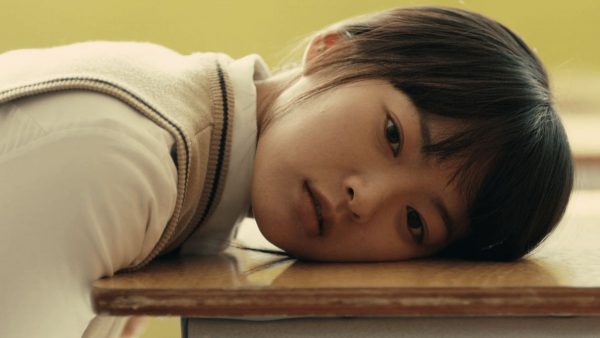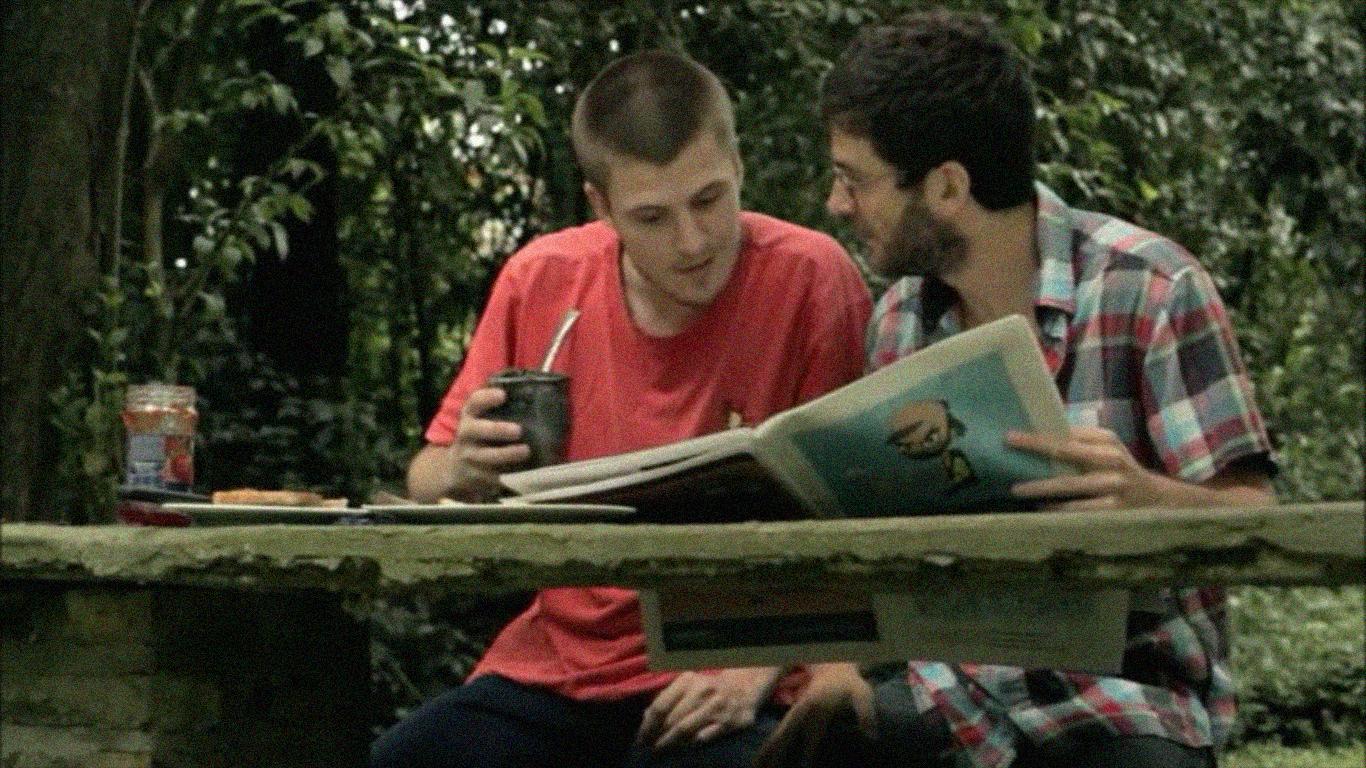
100 Best Foreign Movies on Tubi Right Now
April 18, 2025
Share:
When you get free streaming, all in exchange for just a few ads, it can be a little hard to believe that Tubi would have a great selection. Yet, for some reason, their library, one of the largest among all streaming sites, is packed with rare, hidden gems that you can’t find anywhere else. And on top of these, these films aren’t just limited to American-made films, the selection includes great titles from all over the world. So if you’re willing to get over the subtitles and watch something out of your comfort zone, all for free, here’s the best foreign films on Tubi:
Read also:
31. Scarecrow (2015)
Genres
Director
Actors
Moods
Made with the modesty and authenticity of modern indie cinema from the Philippine regions, Scarecrow (or in the Ilocano language, Bambanti) uses the disappearance of a watch to paint a vivid picture of faith and judgment in a small town. There is no formal legal investigation into this supposed theft; what guides these characters instead are an unwavering belief in religion and folk traditions, and long-repressed resentment toward those who choose to disturb the peace. It quickly becomes evident that this witch hunt targeting a single mother (an incredible Alessandra de Rossi) and her son is about something else entirely—unresolved grief, economic struggle, and the fear and prejudice that the middle class can still harbor towards the least privileged among us.
32. Song Lang (2018)
Genres
Director
Actors
Moods
At the first few moments, Song Lang seemed to be something akin to Farewell My Concubine– the film takes a snapshot of a communist Asian country in a different time, through the lens of a regional opera form with painted faces, elaborate costumes, and captivating tunes. But there’s more to Song Lang than this. Tragedy isn’t prophesized through songs of an already existing opera (in fact, the film features all new tunes), but instead, it occurs because Dung, the loan shark, didn’t reflect on the past early enough for him to reclaim the art form his family once loved, a concern shared with cải lương as a declining genre. Song Lang is a moving drama, but it’s also a nostalgic time capsule of 1980s Saigon and cải lương as a whole.
33. Audition (1999)
Genres
Director
Actors
Audition is not for the faint of heart. It’s shockingly violent and deeply unsettling, filled with sights and sounds that will haunt you for days on end. But there is grace to its terror; it’s profound and artistic in ways that elevate it from generic horror fare.
On a deeper level, Audition is about the destructive power of abuse, trauma, and loneliness, about how a society that neglects to recognize this eventually suffers from it. The revenge plot isn’t merely individual, as well, but a representation of the female subconscious: tired of objectification, eager for redress. And everything about the way the film is made, from the shaky camera and titled frames to the dramatic shadows and eerie lighting, reflects that imbalance.
Audition may be chilling and gruesome, but it’s also smart and important, a psychosexual thriller that captures female anger well before it became the rage.
34. Dhuin (2022)
Genres
Director
Actors
Moods
Dhuin is evidently influenced by the Iranian filmmaker whose work its characters discuss: Abbas Kiarostami. Featuring non-professional actors and full of long observational takes that center everyday conversations in the life of an aspiring actor in a small Northern Indian city, it’s guided by the same social realist impulses that shaped Kiarostami’s work. What’s more, it even ends on an explicit reference to Close-Up.
But what elevates Dhuin above homage is the acute internal struggle it depicts. Set during COVID lockdown, the film follows Pankaj (Abhinav Jha) as he works on his acting in a bedroom adorned with images of Hollywood stars, chafing against the much less glamorous reality of the home he shares with his financially struggling parents. He’s on the cusp of having enough money to fulfill his dream and move to Mumbai (where he hopes to advance his career), but several meetings with puffed-up filmmakers who are visiting from Mumbai give Pankaj a new perspective on the world he’s desperate to join. A testament to the torment of difficult choices, Dhuin also gently offers an alternative to the trope of abandoning home for the big city, suggesting that there might be greater beauty in the reality of where you’ve always been than the places you dream of.
35. Lost Illusions (2021)
Genres
Director
Actors
Moods
Despite being based on a 19th-century serial novel, Lost Illusions feels remarkably close to contemporary concerns about fake news and the devaluing of art for profit. But as the story is also, obviously, set in the 19th century, all this bribery and these backdoor dealings are done entirely through the written word and by sending runners from one Parisian theater to the next—and the result is uniquely thrilling. Nearly every character is a terrible person (like in an old-timey Goodfellas way) and it can get tiring seeing the film glorify their hustle, but the energy it brings is rare to find in any other period drama.
36. Poison for the Fairies (1986)
Genres
Director
Actors
Moods
For better or worse, friendship can be the most important relationship a child can have, especially when they move into a new school. Poison for the Fairies takes a look at an unusual friendship, one that’s forged not by regular schoolgirl hobbies, but by witchcraft, spells, and superstition. It’s incredibly unnerving how Flavia and Veronica’s dynamic gets, as each morbid claim gets questioned but is never fully explained, as each unanswered question slowly adds to the terror, and as each boundary gets pushed because of those few moments of calm. But it’s also incredibly tragic, considering the ways Flavia and Veronica are characterized. Writer-director Carlos Enrique Taboada makes it all the more creepy by centering the camera through their eyes, by capturing the uncertainty of this terrible friendship.
37. Last Film Show (2022)
Genres
Director
Actors
Moods
Like many coming-of-age films about films, it’s easy to assume that Last Film Show would be a derivative of all-time film classic Cinema Paradiso. Both films from opposite corners of the world, separated by more than three decades, do share that awe of cinema from a projection booth. However, unlike Paradiso, the awe of Last Film Show is also tempered by the rural poverty its young protagonist faces. Samay learns projection from a film booth, and learns community is formed through the screen, but he also learns it through snatching the few reels that passes through their village, manually experimenting with scrap material, and recreating the same light and shadows through its fundamentals. These scenes are precocious because of the children, but it makes for a more interesting take, because Samay’s journey proves that cinema truly is worth saving, even without the money. It’s undeniably awe-inducing with Pan Nalin’s stunning shots and semi-autobiographical story.
38. Let the Bullets Fly (2010)
Genres
Director
Actors
Moods
Can the Western only be made in the West? The Italians answered with the Spaghetti Western, and in 2010, China came up with their own gunslinging, horse riding group of gangsters in Let the Bullets Fly. It feels just like an old fashioned Western in Old China, only with quips as fast as its bullets, and the wry satire mocks these thugs and politicians as one and the same, through a series of multiple impersonations made in the name of survival, corruption, and profit. Some of the humor can go over the heads of those unfamiliar with Chinese comedy, but nonetheless Let the Bullet Fly is a funny mix of genres, with writer-director and lead Jiang Wen playing with many Western tropes in over-the-top fashion.
39. Han Gong-ju (2013)
Genres
Director
Actors
Moods
This South Korean coming-of-age story, an award-winning debut from Lee Su-jin, is centered around a high school student named Han Gong-ju. There’s a dark aura surrounding our teenage protagonist, as she avoids making new friends and closes herself off from the world. More than anything, she is afraid that people will discover the secret behind her shy persona, and the past events that changed her life forever. This is an intricate and truly devastating tale, sensitively told, and is likely to leave even the most hardened viewers filled with rage at those who have wronged Han Gong-ju.
40. Two Lottery Tickets (2016)
Genres
Director
Actors
Moods
The Romanian New Wave’s predilection for bleakness gets a tongue-in-cheek dig in this buddy comedy from the same country: “Romanians are bad at making movies,” Pompiliu (Alexandru Papadopol) complains. “They only show doom and gloom.” Indeed, the premise here could easily make for a miserable movie: three hapless working-class pals win a multimillion lottery jackpot but lose their ticket — and, with it, the chance for Dinel (Pedro Pascal-lookalike Dorian Boguță) to pay off the mafia don that’s holding his wife hostage in Italy.
But Two Lottery Tickets takes a decidedly droll view of their predicament. Part of that approach is achieved via the trio’s characterizations: they’re all goofy in different ways, from the ridiculous conspiracy theory-spouting Pompiliu and the gullible Dinel to sleazy chancer Sile (Dragoș Bucur). The rest of the film’s breezy comic tone comes thanks to their amusingly convoluted journey to retrieve the ticket, which they believe is in a bag that was stolen when Dinel was mugged by two thugs. These many segues implicate a cross-section of Romanian society into the film, making it a wry social commentary in places. Mostly, though, Two Lottery Tickets has modest ambitions — to be, simply, an enjoyable comedy — a goal it surpasses thanks to its absurdist humor and pitch-perfect performances.
Comments
Add a comment
Ready to cut the cord?
Here are the 12 cheapest Live TV streaming services for cord-cutting.
More lists
Lists on how to save money by cutting the cord.
Curated by humans, not algorithms.
© 2025 A Good Movie to Watch. Altona Studio, LLC, all rights reserved.


